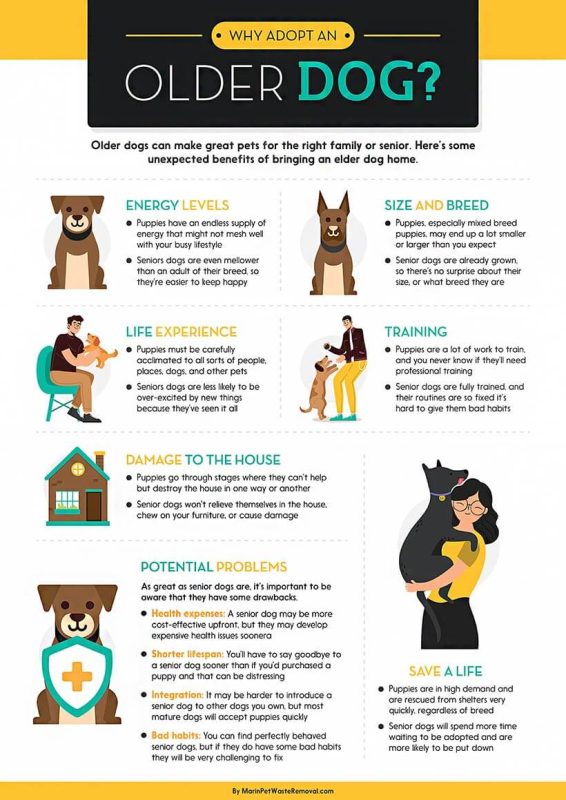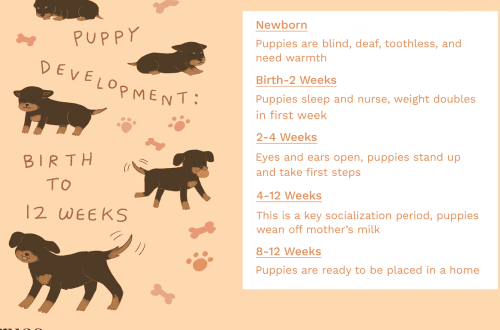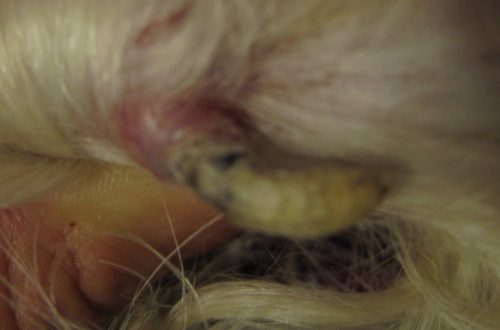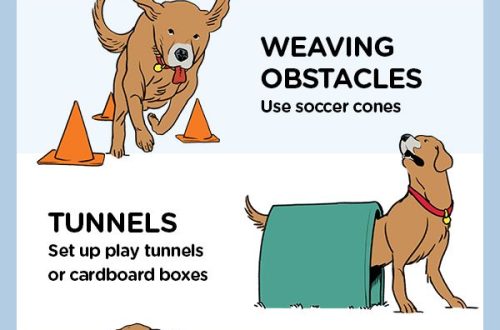
Why should you adopt an older dog?
If you’re looking for a new four-legged friend, you won’t regret looking at an older dog. It would be great if more people brought older pets into the house. There are several reasons why they, and not noisy puppies, make great pets. Of course, puppies are very cute, funny and will be with you for many years, unlike older dogs. Let’s not argue that if you brought a puppy home, it means that many adventures await you. However, each old dog has its own special character, so you should not ignore them.
Temperament
One of the most remarkable qualities of adult animals is that they are already fully formed – both physically and mentally. Although the behavior of animals entering the shelter changes a little, the character of an adult dog can be assessed with great accuracy, and you clearly understand who you are dealing with. You know if she loves cats, gets along well with children, prefers to be alone sometimes, how much exercise she needs, etc. One of the main reasons puppies and young dogs are returned to the shelter is because that the owners do not understand what awaits them. By adopting an older dog, you have a good idea of who you brought into the house.
Training
Most older dogs are already trained or require very little training to adjust to life in a new home. Most of them lived in other families and ended up in a shelter for various reasons. Unfortunately, many owners do not have the opportunity to find a new home for their aging pets – when moving, for example. This is how many animals end up in a shelter. However, as a rule, they have already been trained and they just need a little time to get into the rhythm of your life.
For example, they are toilet trained, leash trained and know not to steal food from the table. Older dogs tend to be well socialized. Although it will take them about a few weeks to adjust to life in your home, the hardest part is over. It will take you much less time to get used to an older dog than to a puppy. Don’t forget that puppies need to be trained in literally everything, apart from the fact that they require general care, unlike an older dog. Four-legged babies do not have good manners, they need to be taught to use the toilet, they will erupt their teeth, for which they will need special toys, and they will also have to learn how to live in the house with the rest of the household.
Older dogs are usually trained and house-trained, so they are a great option for first-time owners. You can teach an adult dog a skill he lacks and it will take much less time and effort than with a small puppy. It will help you become familiar with the responsibilities of being a pet owner without requiring the extreme care and attention that puppies need.
Physical activity
Becoming the owner of an older dog does not mean giving up physical activity, because all animals need it – regardless of age. Physical activity helps maintain physical and mental health and reduces undesirable behaviors caused by lack of mobility. At the same time, older pets require much less physical activity than puppies and young dogs. The puppies are constantly on the move – even when the game is over. Many owners have to put them in an aviary when they leave them at home alone so that nothing happens to them. (By the way, the puppy will also have to be taught to the aviary!)
But that doesn’t mean older dogs don’t like to have fun! Most of them love physical activities. Despite their age, they can be surprisingly active and mobile – they just don’t need a lot of exercise. To keep them physically and mentally active, one walk a day, a game of fetch or a short swim is usually sufficient. PetMD advises shortening the duration of games because older dogs don’t have the stamina they used to.
Senior pets love being around their owners, so settling into their favorite spot in the house will be just as happy as walking in the sun. Since they do not require as much attention and care from the household as puppies, older dogs are an excellent choice for those who lead a measured lifestyle and prefer to see their four-legged friend curled up on the couch. Choosing an older dog, a person can pick up a four-legged friend who is close to him in temperament.
Health care
It may seem that if you decide to take an older dog, then he will need more health care than a younger one, but this is not so. Unless you choose a dog with certain problems, most adult dogs in shelters are healthy and just need a home. They are already spayed, vaccinated according to age and are less susceptible to many of the diseases that are dangerous for puppies. According to the American Veterinary Medical Association, puppies require several rounds of vaccinations for a variety of diseases that an older dog is unlikely to get. The older dog has matured, her character is formed, and she is ready to find a home in which to stay forever.
Features of feeding
If you are going to adopt an older pet, also think about what you will feed him. They have slightly different nutritional needs than puppies. Therefore, a bag of the first food that comes across from the nearest store will not be the best option.
You need a food formulated specifically for the needs of your aging dog – supporting brain function, energy and activity, immune and digestive systems, and coat health. Consider Science Plan Senior Vitality, a dog food option formulated specifically for the needs of adult and senior dogs to help maintain their vitality through increased exercise, interaction and mobility.
Not sure if your dog is considered senior? Use this tool to determine the age of a pet in terms of human age.
Love for life
Choosing an older dog, you get the opportunity to find a true friend with a temperament that best suits your lifestyle. And in addition to the many benefits associated with having an older pet, you will have the pleasant feeling that you have given him a home for life.





